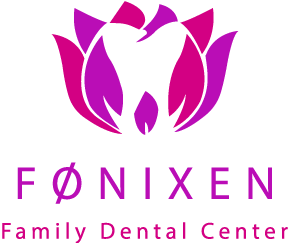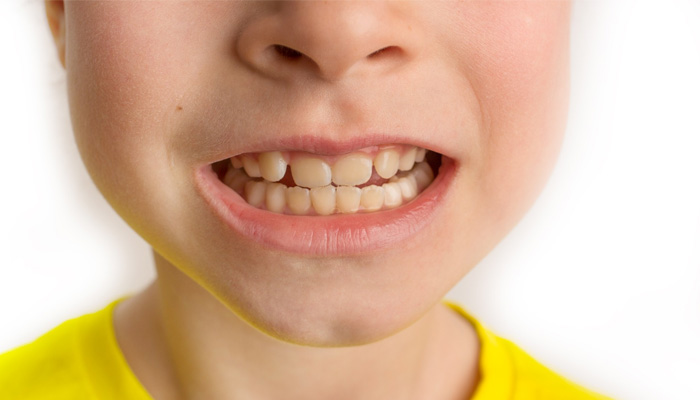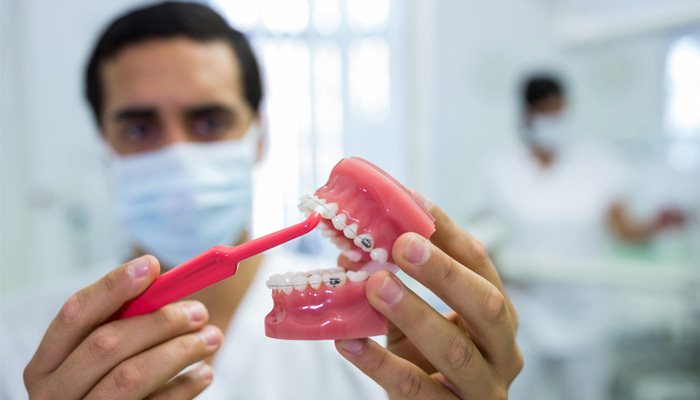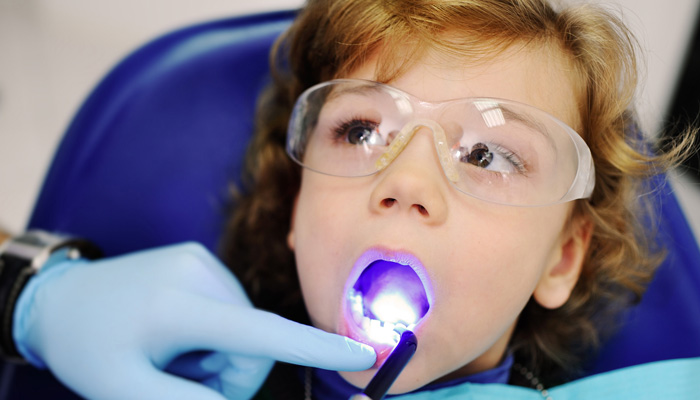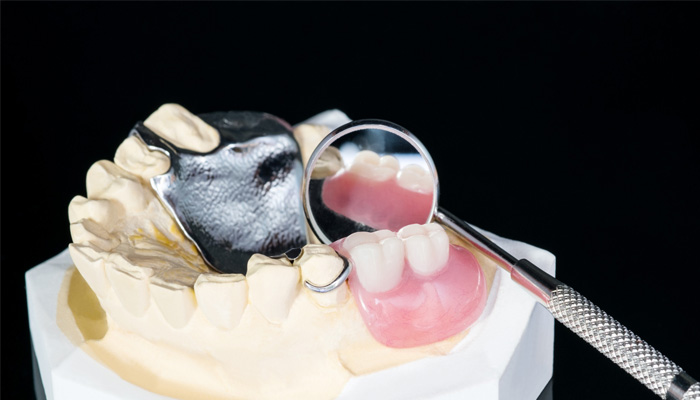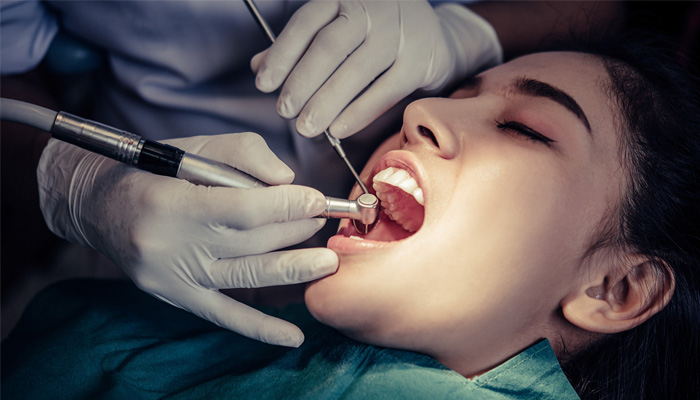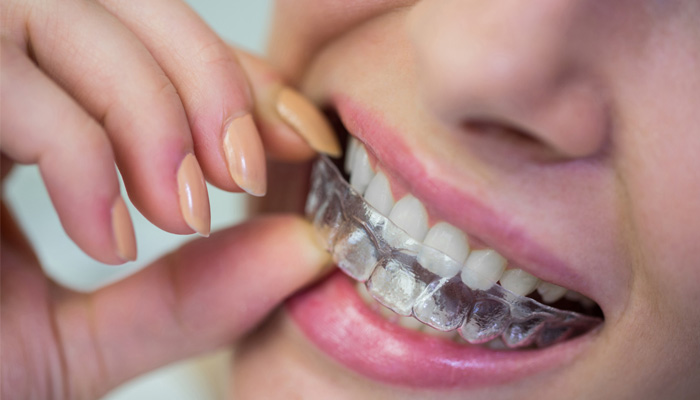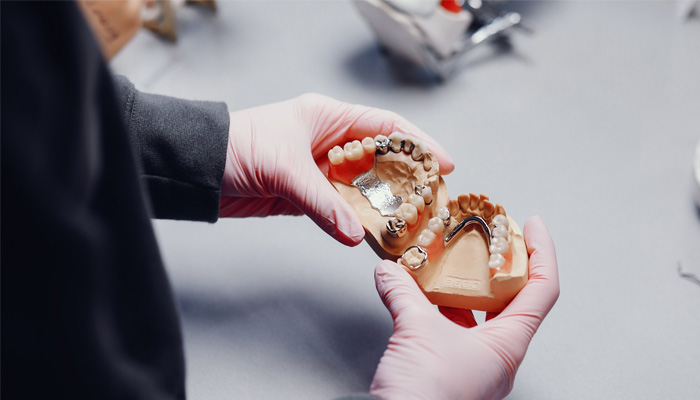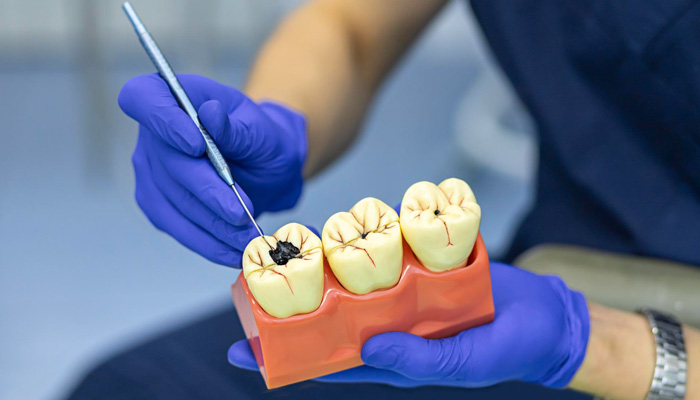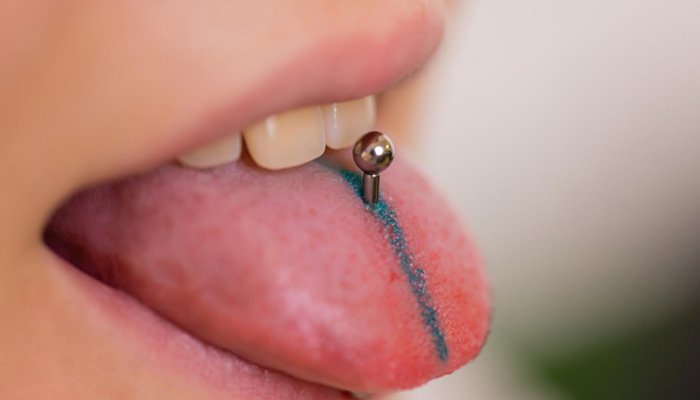Oral health plays a significant role in the development and prevention of gum diseases. Gum disease, also known as periodontal disease, is an infection of the tissues that surround and support your teeth. It is caused by the accumulation of plaque, a sticky film of bacteria that forms on the teeth and along the gumline. If left untreated, gum disease can lead to serious consequences, including tooth loss and other health problems.
Here’s how oral health affects gum diseases and how to maintain proper oral hygiene to prevent gum problems:
- Plaque buildup: When plaque accumulates on your teeth and gumline, the bacteria in the plaque produce toxins that can irritate and inflame the gums further leading to gingivitis, the early stage of gum disease.
- Poor oral hygiene: Improper oral hygiene practices, such as
- irregular brushing,
- inadequate flossing, and
- skipping dental check-ups,
can allow plaque to build up and increase the risk of gum disease.
- Smoking and tobacco use: Tobacco use is a significant risk factor for gum disease. Smoking weakens your immune system and reduces the ability of your gums to fight off infections.
- Nutritional factors: A diet high in sugars and carbohydrates can contribute to plaque formation and increase the risk of gum disease.
To maintain proper oral hygiene and prevent gum problems, follow these guidelines:
- Brush your teeth regularly: Brush your teeth at least twice a day with a fluoride toothpaste. Use a soft-bristled toothbrush and gentle, circular motions to clean all surfaces of your teeth.
- Floss daily: Flossing helps remove plaque and food particles from between the teeth and under the gumline, where a toothbrush cannot reach effectively.
- Use mouthwash: Consider using an antimicrobial mouthwash after brushing and flossing to reduce bacteria in the mouth and help prevent gum disease.
- Visit your dentist regularly: Regular dental check-ups and cleanings are essential for maintaining good oral health. Your dentist can identify and treat any early signs of gum disease before they progress into more severe issues.
- Quit smoking and tobacco use: If you smoke or use tobacco products, try to quit. This will not only improve your oral health but also have positive effects on your overall health.
- Eat a balanced diet: Limit sugary and starchy foods, as they can contribute to plaque formation. Instead, focus on a balanced diet rich in fruits, vegetables, whole grains, and lean proteins.
- Consider using interdental brushes or water flossers: These tools can help clean between teeth and below the gumline, where traditional flossing might be challenging.
Remember, prevention is always better than cure. By maintaining good oral hygiene practices and adopting a healthy lifestyle, you can significantly reduce the risk of gum diseases and ensure a healthy smile for life. If you notice any signs of gum disease, such as red, swollen, or bleeding gums, make an appointment with your dentist as soon as possible for a proper evaluation and treatment.
